
In a world that often emphasises the value of social connections, there’s an important distinction to be made between being alone and feeling lonely.
Many people associate solitude with a sense of isolation or sadness, but the truth is that being alone can be a fulfilling and rejuvenating experience. 😊
In this blog post, I will explore the nuances of being alone versus feeling lonely, understanding the importance of solitude, and embracing the positive aspects of both states.
Let’s get to it. 💕
The Difference Between Being Alone and Feeling Lonely:
Being Alone:
Being alone is a state of physical solitude, where you find yourself without the company of others. It can occur by choice or as a natural consequence of circumstances. Spending time alone provides an opportunity for self-reflection, relaxation, and personal growth.
It allows you to engage in activities that bring you joy, pursue hobbies, or simply enjoy a moment of peace. Being alone can be a deliberate choice, a time to recharge and connect with oneself. 🥰
Feeling Lonely:
Loneliness, on the other hand, is an emotional state that arises from a perceived lack of meaningful connections. It’s possible to feel lonely even in a crowded room if the connections are superficial or unfulfilling.
Loneliness is often characterised by a sense of emptiness, isolation, or a longing for deeper human connections. It’s a complex emotional experience that can impact mental and physical well-being. 😟
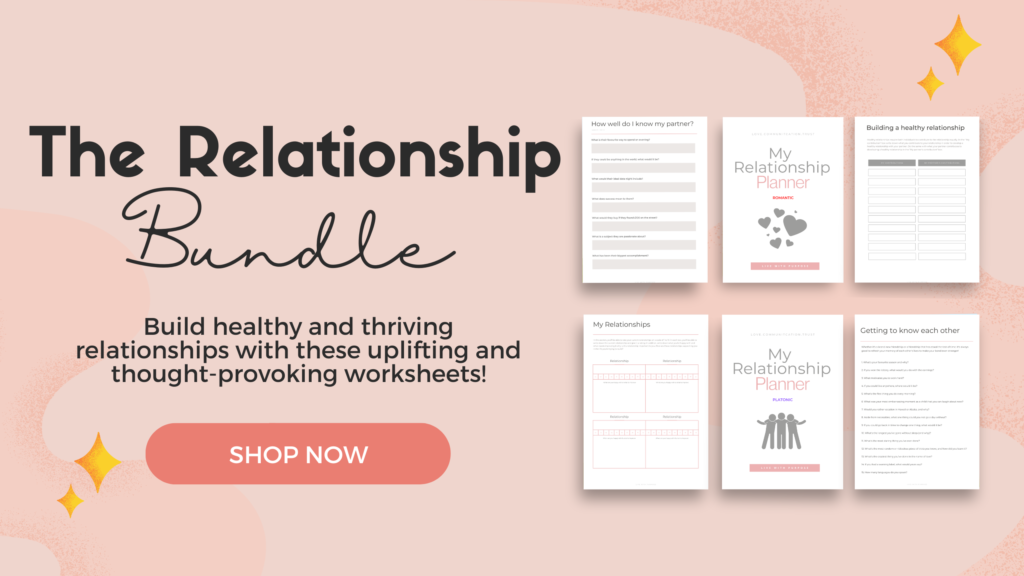
Embracing the Positive Aspects of Being Alone:
1. Self-Discovery:
Being alone provides an opportunity for self-discovery. It allows you to explore your thoughts, feelings, and interests without external influences. Use this time to reflect on your goals, values, and aspirations. Self-discovery is a crucial aspect of personal growth and can lead to a deeper understanding of oneself.
2. Independence:
Embracing solitude fosters independence. When you’re comfortable being alone, you become more self-reliant and less reliant on others for your happiness. This independence can empower you to make decisions based on your own needs and preferences, leading to a more authentic and fulfilling life. 🥰
3. Creativity:
Solitude often sparks creativity. When you’re alone with your thoughts, you have the mental space to generate new ideas, think critically, and engage in creative pursuits (yaay). Many artists, writers, and innovators find inspiration in moments of solitude, leading to the creation of meaningful and impactful work. 🎨
4. Rest and Rejuvenation:
Being alone allows for rest and rejuvenation. In a world filled with constant stimuli, taking time for solitude can be a form of self-care. It provides an opportunity to relax, recharge, and focus on activities that bring you peace and joy, contributing to overall well-being.
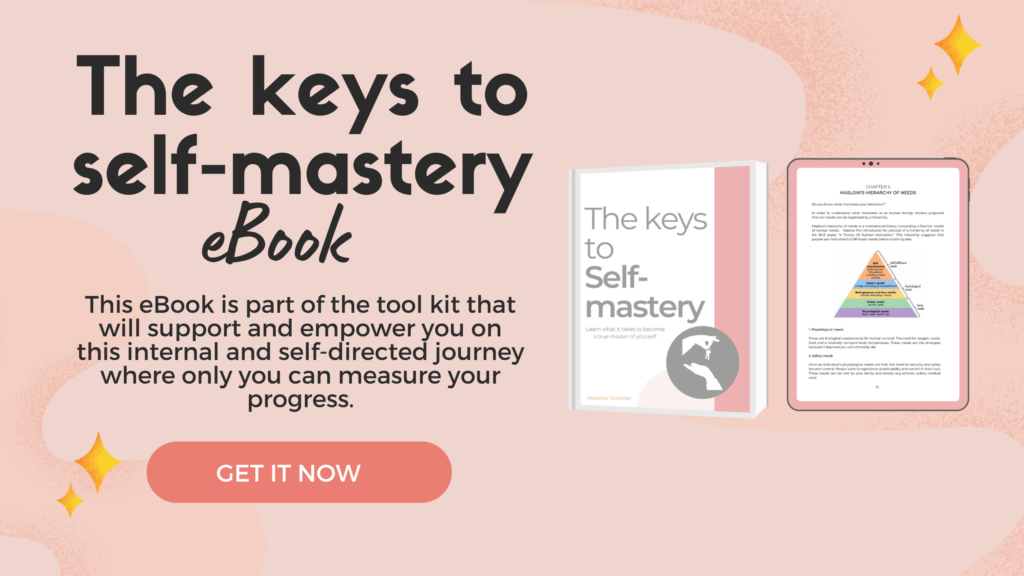
Addressing the Challenges of Feeling Lonely:
1. Cultivating Meaningful Connections:
If loneliness arises from a lack of meaningful connections, focus on cultivating relationships that nourish your soul. Seek out individuals who share your values and interests. Join clubs, organisations, or communities where you can meet like-minded people. Focus on getting yourself out there. Quality connections are often more fulfilling than a large social circle. 🫂
2. Volunteering and Giving Back:
Engaging in volunteer work or contributing to your community can alleviate feelings of loneliness. By helping others, you not only make a positive impact on the world but also connect with individuals who share a common purpose. Volunteering provides a sense of belonging and fulfillment.
3. Seeking Professional Support:
If loneliness becomes a persistent and overwhelming emotion, maybe consider seeking professional support. A therapist or counselor can provide guidance and a safe space to explore the root causes of loneliness. Addressing these issues with professional help can lead to a more fulfilling and connected life. 🫶
Finding Balance:
The key to a fulfilling life lies in finding a balance between being alone and fostering meaningful connections. Embrace solitude as a time for self-discovery, creativity, and rejuvenation. At the same time, actively cultivate relationships that bring joy and fulfillment. Recognise that both states are essential for a well-rounded and satisfying life. 💕
Conclusion
Being alone and feeling lonely are two distinct experiences, each with its own set of opportunities and challenges. Embracing solitude allows for self-discovery, independence, creativity, and rest. However, if loneliness creeps in, it’s crucial to address it by cultivating meaningful connections, volunteering, or seeking professional support. You are not alone. ❤️
Understanding the nuances between being alone and feeling lonely empowers you to navigate both states with intention and purpose. Ultimately, finding a balance between solitude and social connections contributes to a rich and fulfilling life. Embrace the positive aspects of being alone, foster meaningful connections, and savor the journey of self-discovery in this beautiful dance between solitude and companionship.
Pin this post for a reminder 📌 👇
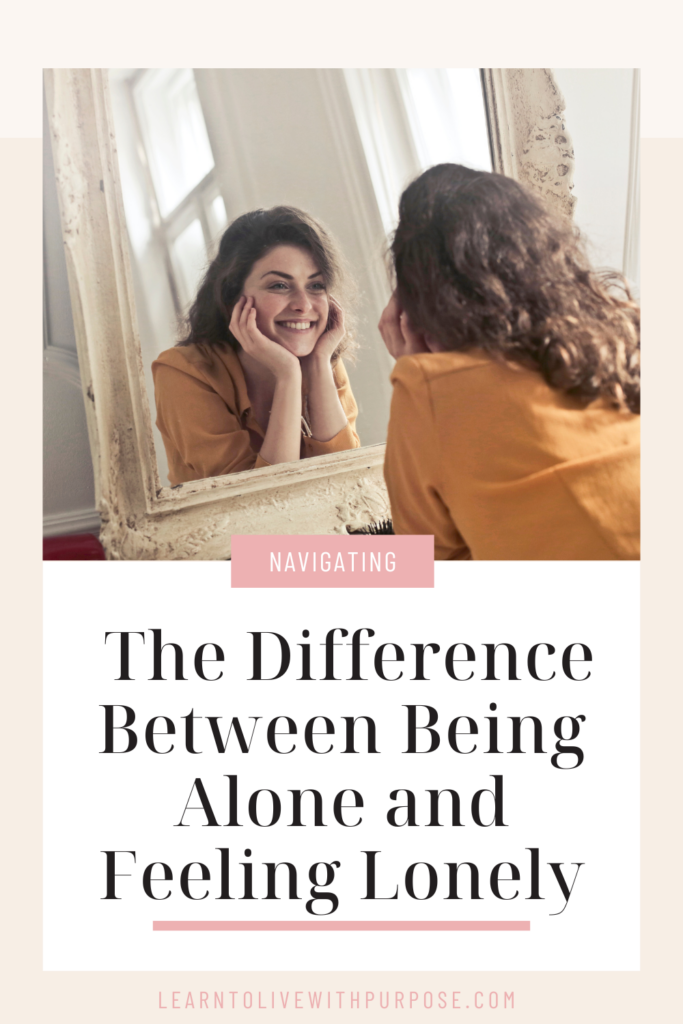
Related Blogs
Things to Say “No” to for you to Live a Happier Life
How to Stop Settling For Less Than You Deserve
How to Become the Best Version of Yourself: A Guide For 20-Somethings
“The purpose of life is a life of purpose”
Robin Sharma
Everyone has their own definition of what success is. Some people measure their success by the amount of money in their bank account, the power they have attained or the status they’ve achieved in society. Yet they still feel like something greater is missing in their life but have no clue how to figure out what it is or where to start.
Knowing your purpose is knowing the master plan for your life. Does that sound scary to you? Because I can definitely understand the overwhelm that would bring to anyone that has NO CLUE about what they want to do or where to even start. So don’t be overwhelmed if you have no clue what it is, A LOT of people don’t. There are people in their fifties and sixties that still don’t know what fulfills them. There is no time limit, however, the sooner you get on your road to self-discovery the better.
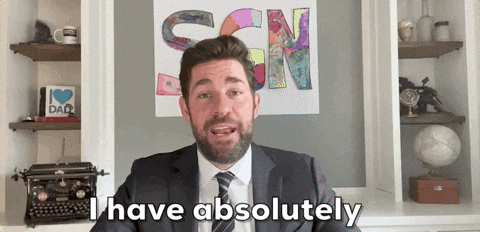
Our purpose emerges from the exploration of what we value most. When we start defining our purpose in life it’s best not to focus on how we’re going to attain it. When we identify and commit to our intentions the opportunities for achieving our purpose will start to arise. Defining our purpose helps us define our goals and allows us to focus on what’s truly important to us. Because if you don’t know what you want to achieve how can you set goals that are going to get you anywhere?
It’s the equivalent of getting into a car and just driving without having a destination. You’ll end up somewhere but you’ll get out of the car looking lost and confused because you have no clue how you got there and where you should go next.
I know that people push the “Just go, don’t dwell on things for too long and just live your life” which I personally partially agree with, but the organised and having a plan together a part of me shivers at the thought of just doing things without a well thought out plan.
The truth is, to succeed in this life you need to be a bit of both. You need to experiment, take risks ad see how far you can push yourself. At the same time, you need to be intentional with your time and ask yourself, where is this going to take me? Is this what I really want?. Taking action is amazing, it’s what I urge you to do but take action based on a plan that’s going to create the life that you want to live.
What is the difference between being ordinary and extraordinary? The answer to that is dependent on the importance you hold to the opinions of the outside world and what you want to achieve. The outside world doesn’t get to define who you are or what you are. The answer lies within you. We can all choose to step away from the ordinary path that our society promotes and step into an extraordinary life.
An extraordinary life is a choice to follow our own values, our own inner wisdom, our own intuition and to top it off, your very own version of success.
“My invitation to you is to begin living every moment as though you are miraculous and deserve to live an extraordinary life. Fake it if you must and keep faking it until it’s real to you. The gift you will be giving yourself is a lifelong journey of discovery, one that is infinite and infinitely rewarding. Begin the journey. Today. This moment. Now.
Robert White

What do you think it looks like to live a false life?
Here’s an example:
You’re forced into going to university to study to become a lawyer because your parents would love to boast about having a lawyer in the family and they know you can make a substantial amount of money with this career choice. However your dream is to become a chef, but you’re scared to disappoint your parents so you decide to live the life they think you should live to avoid arguments and making them unhappy.
Your best friend detests your partner of choice and convinces you to leave them in which you end up with a partner who everyone likes but they don’t fulfill you the same way and feel pressured to start a family that you don’t know if you want.
You end up in debt, depressed, unfulfilled and full of self-doubt. Does this sound like the life of someone who was able to plan and create the life that they wanted to live? Absolutely not. This is the life of allowing outside influences to determine how you should live based on their own opinions and values despite you not feeling the same.
This isn’t the type of life that anyone should live. Yet there are people who both willingly and unwillingly choose to live their life based on the opinions of other people and the preferences of society either because they are unaware of what they truly want or they’re scared to go against the grain.
“ You won’t be fulfilled if you don’t have children”
“ You won’t be fulfilled if you don’t get married”
“ You won’t be fulfilled if you don’t make X amount of money”
These are common misconceptions we may get told in our lives. No one should make you feel bad for not doing something that they think will fulfill YOUR LIFE. Seeking third-party approval and people-pleasing is one of the main causes of internal conflict, depression and stress.
What gives you purpose is personal to you. Our purpose in life is the intended result of our determination, intention and focus.
To find your purpose you need to get to know yourself on a deeper level. Listen to your inner core, write down all the things you want, all the things you want to change about your current situation and what your ideal life looks like. Only then can we figure out an action plan on how to move forward.
When you understand your values and know what you believe in, your confidence and sense of self-worth skyrockets. When you know what you want to achieve and you have a plan of action for it, nothing and no one should be able to stop you.
What are your core values?
“It’s not hard to make decisions when you know what your values are” – Roy Disney
Your core values reflect the fundamental choices of who you want to be. Having well-defined core values helps us avoid making choices that work against who we want to be.
When we understand our core values the process of our decision-making improves, and our lives become a lot easier when we live according to ALL our core values not just some of them. A life lived in alignment with all your core values results in balance and harmony. (Ahh bliss)
Finding your purpose isn’t something that happens overnight, and it can be challenging to live a life of purpose, but living your life on your own terms and fulfilling your own goals will be the most rewarding and most fulfilling thing you will ever do.
Here are a few ways to get you started on the right track to find your purpose:
1. Live in integrity with your core values
If you want to know what’s going to make you feel alive with energy every morning you need to know what you stand for. The best way to get to know what you stand for is to get clarity on what you value. What’s important to you? What do you truly care about? Self-awareness is key. Check out my eBook The Keys to Self-mastery where I dive deep into self-awareness and how it’s the first step to becoming a true master of yourself.
2. Live in the moment
While you’re working on finding your purpose don’t forget to live in the moment. Cherish every moment and seek to live life without any regrets. You don’t want these years to fly by and feel bad when you’re older that you didn’t take in the moments you should have. When you’re cutting fruit to put in your smoothie, be in the moment. When you’re at the supermarket looking for flowers to buy to cheer up the room, be in the moment. When you set up a candle-lit bubble bath for yourself, be in the moment. Don’t take these small moments for granted.
3. Avoid the need for validation
A lot of people fear living up to their full potential because of judgment and the fear of being rejected by others. The only real validation worth pursuing is the validation of yourself.
Allow time to transform your dreams into reality without involving a lot of people on the journey if you fear that you don’t have a lot of supportive people around you.
Heather’s top tip: Although it’s good to get inspired by others remember that what works for others might not work for you. Only you know exactly how you truly feel and what you want and even if you do try to imitate someone else’s journey/strategies there’s no guarantee that you’ll end up where they are. Focus on crafting your own journey rather than watching someone else because I guarantee you, they are not showing you the whole thing.
4. Acknowledge your strengths and use them
Focus on developing your strengths and learn to utilise them efficiently in a range of situations. Your strengths are the abilities, knowledge, personal attributes and skills you already have. However, to actually call it a strength you’ve got to be pretty damn good at it. Once you know what your strengths are look for ways and opportunities to use those abilities and qualities.
Want to learn more about core values and how to live with purpose?
Well, you’re in luck my love.
INTRODUCING… How To Live With Purpose mini-course
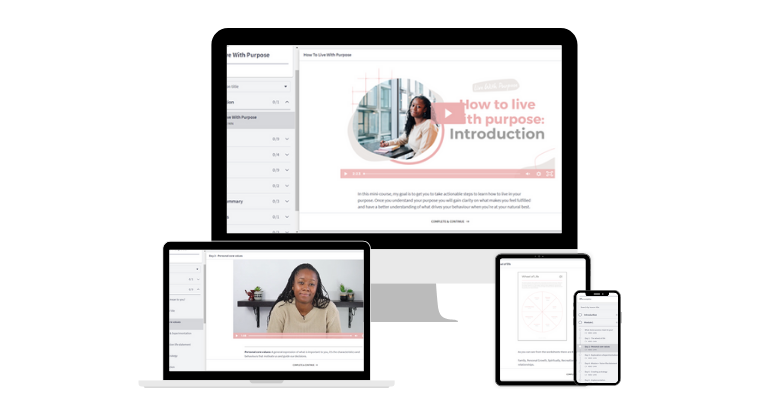
Learning how to live with purpose is the beginning of your life’s roadmap. When you don’t know where you are going you can end up in any direction and get lost in the land of “I don’t know who I am!”. What happens when you get lost? You get frustrated, overwhelmed and confused. This FREE mini-course will give you all the basics you need to start you on the path that leads you to the life that you want to live.
It’s waiting for you!
Course format: I’m going to take you on a four-week length mini-course that emphasizes on taking daily action on how to live with purpose. There are 4 modules within the mini-course with each module having its own set of training videos and resources.
You will focus on: Your WHY, What success means to you, Your personal core values, your passion Vs. Purpose + Plenty more.
What you will learn: How to map out your ideal life, How to incorporate living out your passions as well as your purpose in your daily life.
This is for you if: You crave meaning and fulfillment, you’re unsure of how to connect the dots between your dreams and reality, you’re ready to level up in your life, You’re frustrated because your lack of direction is holding you back from what you know you are capable of.
What you get inside: Exclusive resources, checklist, personal development challenge, value-packed short videos
Your joy is your responsibility and your responsibility alone.
Don’t waste any more time just stumbling through life. Take charge and figure out what your ideal life looks like and work towards it with an awesome action plan.
Remember to check out The keys to self-mastery eBook if you want a step by step plan on how to become a true master of yourself so that you can shop up every day with the discipline and confidence to get what you want out of your life Get the full rundown here > The keys to self-mastery eBook
Related blogs
How to improve your life one day at a time
Did you know that people on my email list sometimes get exclusive discounts on my products? Join the community and save yourself some coins!
Freshly-squeezed inspiration, and no-nonsense tips + tricks to improve your life delivered to your inbox weekly.
Subscribe to my newsletter
Subscribe
You're all signed up!
Be sure to whitelist our email address so that all the goodies make it to your inbox.
